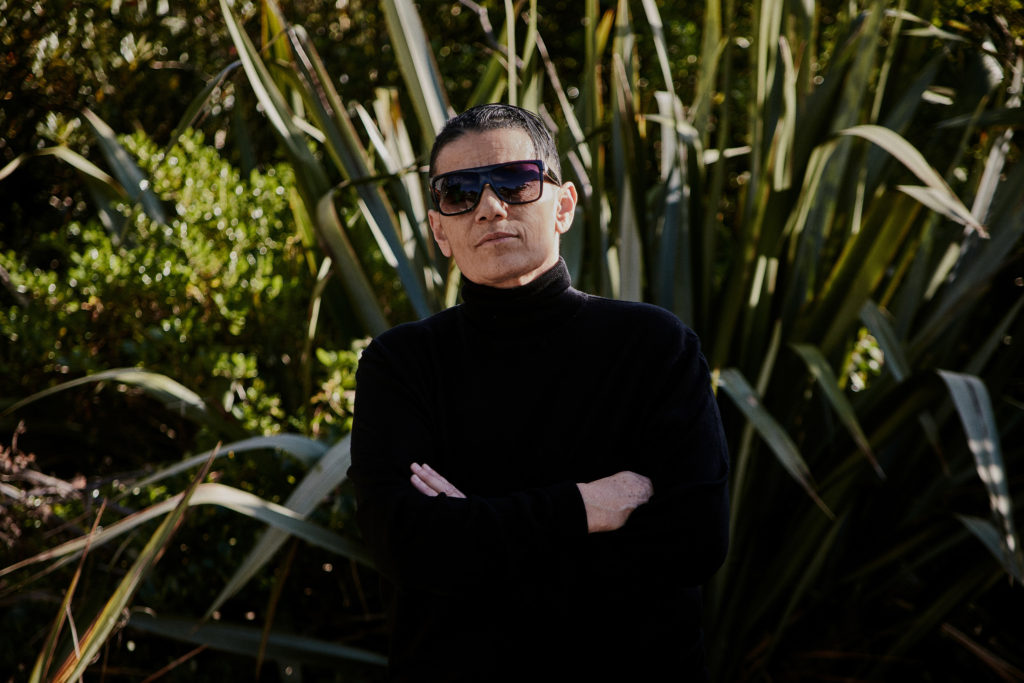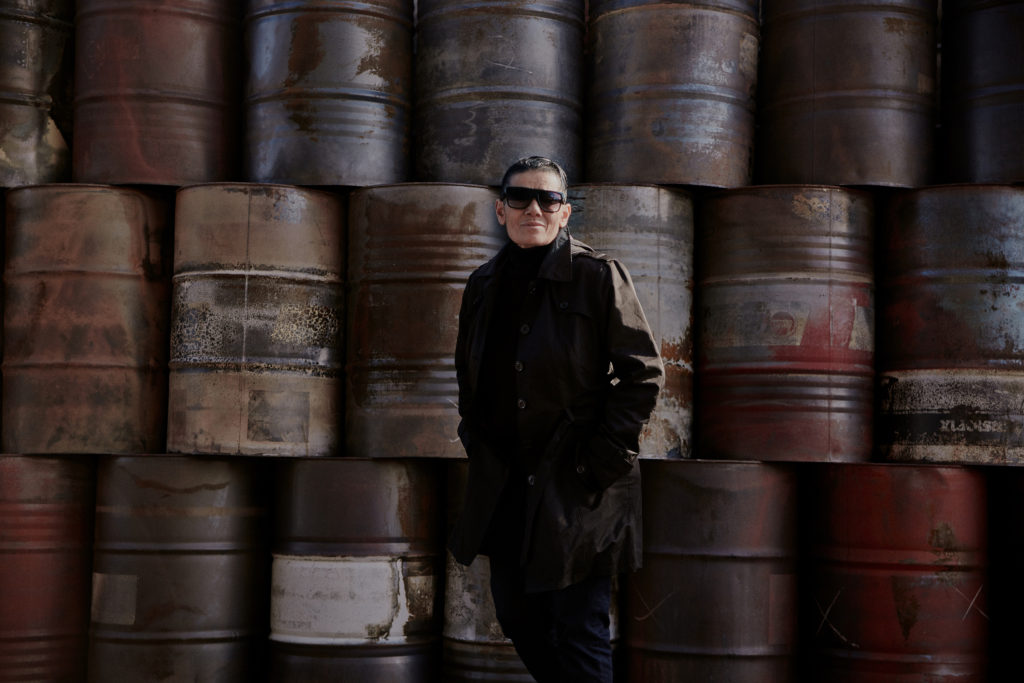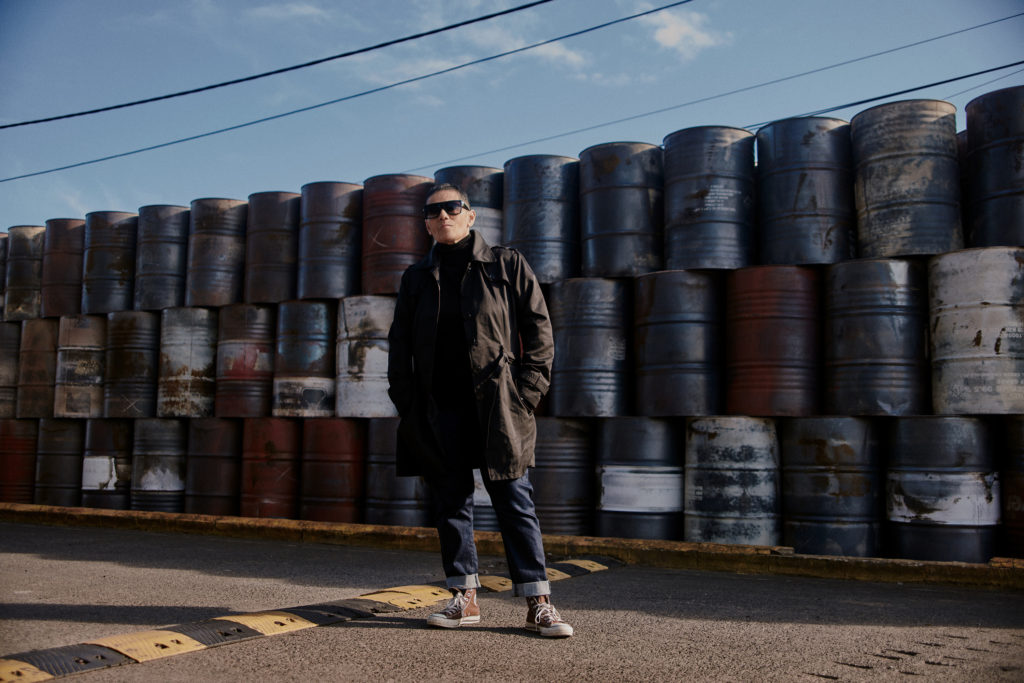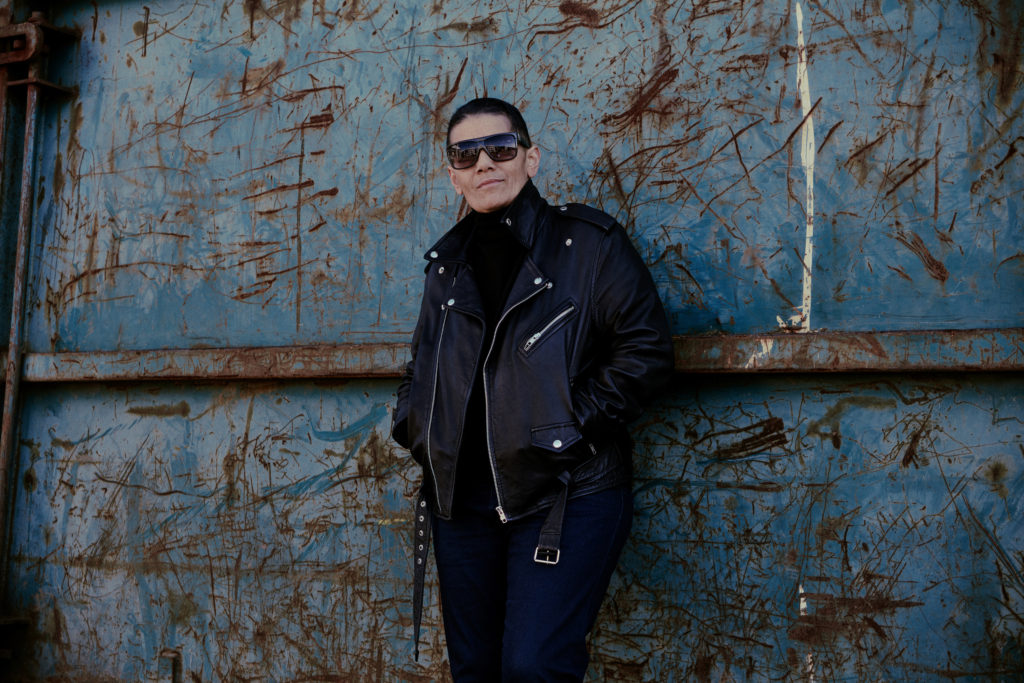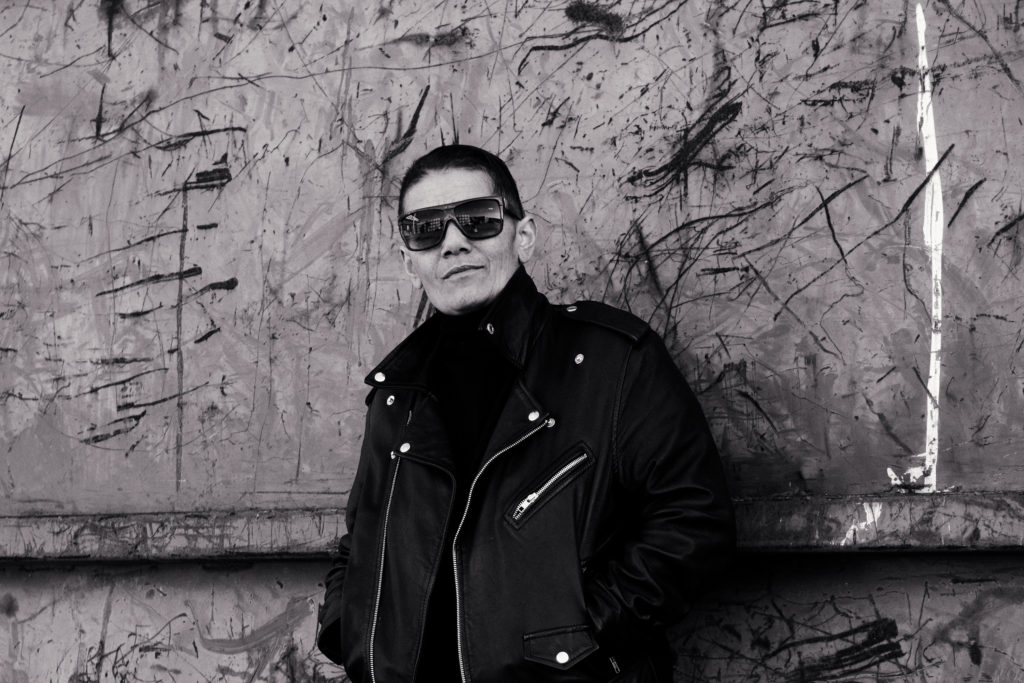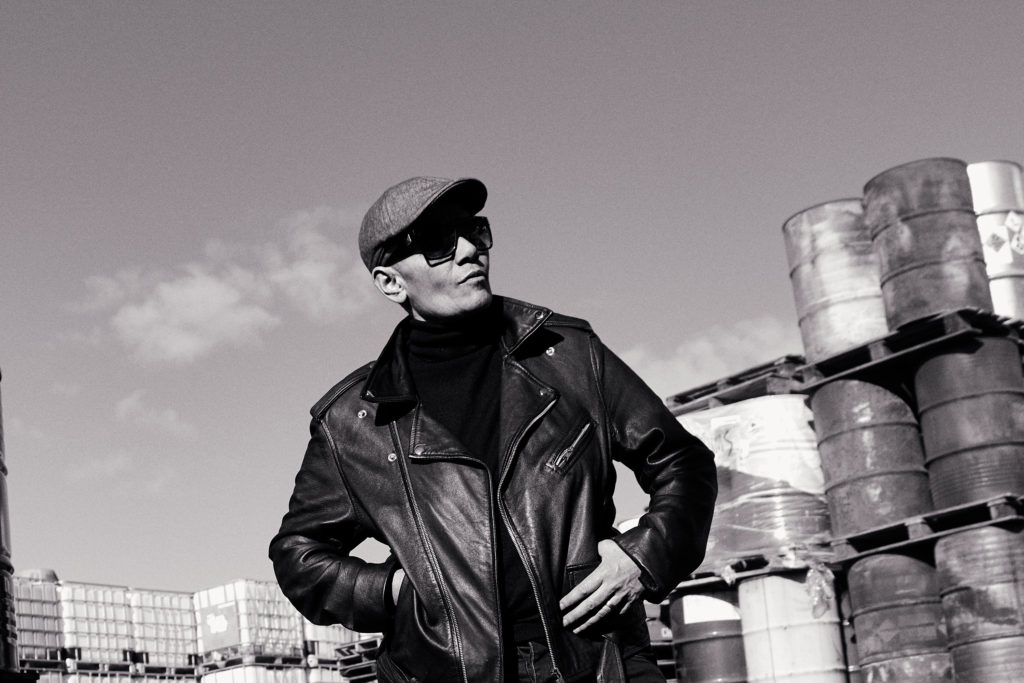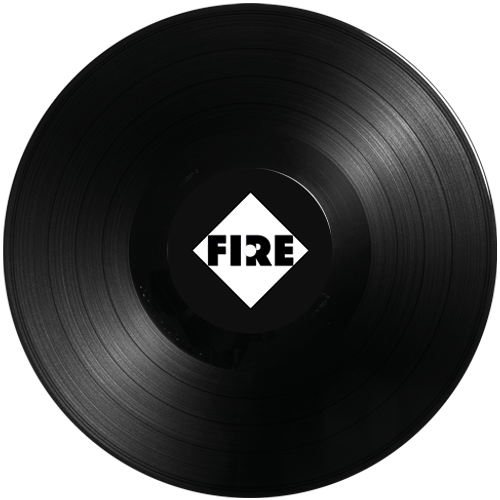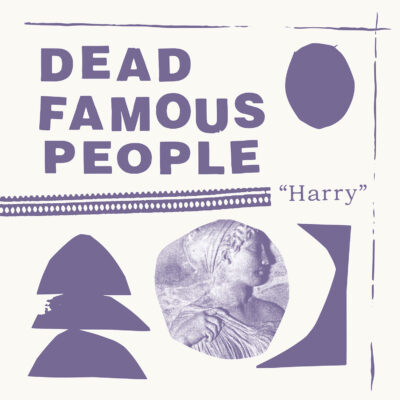Dead Famous People
Dead Famous People’s announce first real album, 'Harry', recorded at home and remixed by noted LA producer Dave Trumfio (Handsome Family, Billy Bragg & Wilco, American Music Club, Built To Spill, The Jesus and Mary Chain) in LA, pure pop odes to life’s simple joys.
Photos
Photos
Biography
During their brief time together, New Zealand-to-UK transplants Dead Famous People released only nine songs spread over two 12” EPs. These sold next to nothing, the band split, disappeared from music. Today, they’ve been largely forgotten.
It doesn’t seem like much of a story.
Yet front person Dons Savage is an unparalled talent, a savant of the perfect melody and lyrics which both touch and bite, a throwbook to the Carole King’s and Gerry Goffin’s of Brill Building pop, an instinctive penseuse besting the originators of the Riot Grrrl movement by responding to their conversations of rage and sexuality and finding a place in the world some years before the initial sparks of that particular revolution had even begun.
Dead Famous People originated in Auckland, New Zealand after Dons (then Donna) left an earlier combo upon finding she had no room in which to introduce her own songs. Gathering a few compatriots, Dead Famous People began playing out and were soon invited to make an EP for Flying Nun, label then in the early stages of subtle world takeover. Despite sharing a similarly breezy approach to pop arrangement (the light touches of organ, the wistful lyrical sensibility, the composition of each song a discrete story), they never entirely fitted in with their label mates (another all-female NZ group described Dead Famous People as “scary as hell and always looking for a fight”), the band decided to make the move to London to seek fame and fortune.
There they garnered favourable reviews and found themselves signed to Billy Bragg’s Utility label, by Bragg’s partner Peter Jenner, at one time or another the manager for Pink Floyd, Ian Dury and The Clash.
John Peel called the band “An important, exciting contribution to the often pallid world of contemporary pop” and granted them a session, Sounds described a song wherein “Donna Savage’s lovely, husky tones relate the tale of the girl who beats up boys in alleys and steals their leather jackets, while the band ride a pop merry-go-round reminiscent of their chums The Chills.” David Cavanaugh wrote that “Dead Famous People are alive and unjustly obscure”, while other reviews mentioned Morrissey (“Donna . . . matches Morrissey for wit and exceeds him for melodic charm”), Pete Shelley (“A pop peer of The Buzzcock’s lead songwriter”), Elvis Presley (“Donna’s tougher than The King, without the sneer, but with the benefit of actually writing her own songs”) and other musical icons.
Despite this, homesick and unable to find a proper deal, the band fell apart. They recorded a series of final demos, posthumously released with faulty mastering. Dons sang backup vocals on The Chills’ “Heavenly Pop Hit”, and eventually caught the attention of a pair of guys from Croydon starting a new act, Saint Etienne. Dons’ silky vocal delivery and knack for the perfect disaffected melody – not to mention her incongruous appearance – worked well with the pair’s lovingly deviant approach to pop music. Soon they asked her to become their vocalist.
But soon after singing on the original version of their cover of the Field Mice’s “Kiss And Make Up” and a version of Gil Scott-Heron’s “Winter In America”, Dons received news that her mother was ill. She returned to New Zealand and ended her musical activities for over twenty years … until Fire Records managed to locate her in Auckland, just a few months after Dons had begun writing again.
